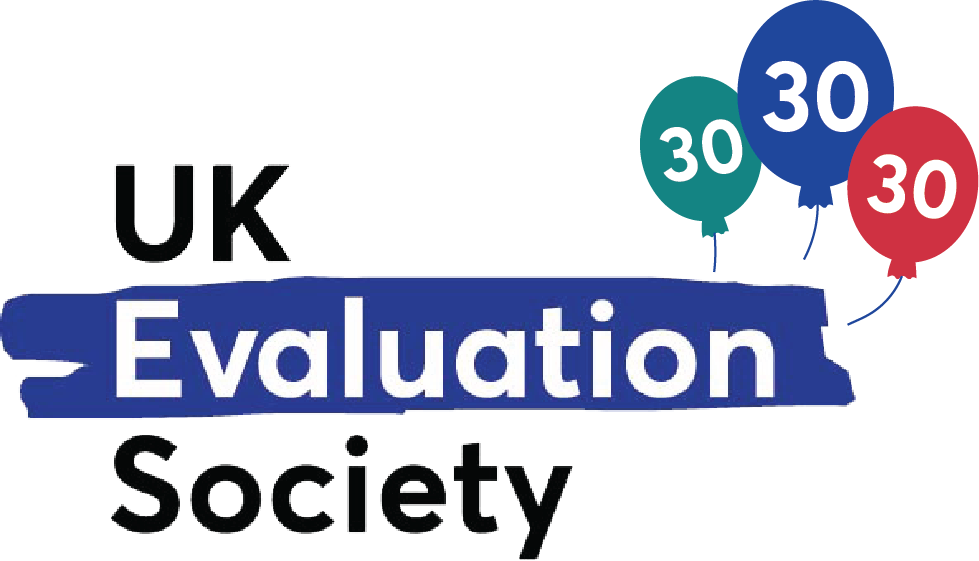17 - 18 October 2023
Theory of Change for Evaluation
A practical foundation course for those with little previous experience and those that would like a refresher
Most evaluation work nowadays includes the development of, or reflection on, a theory of change. Theories of change prove useful for reflection and learning about the effectiveness of your work and a valuable tool in the evaluator’s toolbox. How these theories of change are constructed, communicated or visualised varies greatly. This introductory course will help you to navigate these waters. The course discusses the various ways that ToCs are being applied in practice, with their strengths and weaknesses. You will learn to balance detail and generalisation, how you can keep it sharp and simple enough to focus on what matters most, and always with your target audience in mind.
Learning Outcomes:
Through this course you will:
- Learn what theories of change are and how they are broadly used within intervention design, implementation and evaluation.
- Know the key components of a ToC development process and how to use it to reflect on assumptions involving different audiences.
- Learn to critically review existing theories of change and provide constructive feedback.
Intended Participants
This foundational course is especially designed for anyone new to the field of evaluation, for example if you:
- Have just taken up an evaluation role
- Commission or manage others who undertake evaluation
- Are a manager who wants to evaluate a new project or programme.
It is also relevant for anyone who is looking to refresh their knowledge in this area.
Tutor Bio’s
Giel Ton is Research Fellow at IDS and leads the Centre for Development Impact. He specialises in the design of mixed-methods impact evaluations in private-sector development programmes. He promotes contribution analysis as an overarching approach of theory-based evaluation and a stepwise process to identify the hotspots where additional data collection and reflection are needed. He has a special interest in the effectiveness of programmes that aim to improve governance and coordination in agricultural value chains and empower smallholder farmers in collective action. He has published about the methodological challenges of impact evaluation of development interventions in the journal Evaluation and the IDS Bulletin. He has advanced skills in both qualitative and econometric research.
Drew Koleros is a Senior Researcher at Mathematica in the United States, with expertise in designing and delivering mixed-methods evaluations and programme monitoring, evaluation, and learning systems. He brings particular expertise in using theory-based approaches that integrate complexity concepts and systems thinking into programme and evaluation design processes. Drew has also supported multiple teams in designing strategy-level theories of change to inform their monitoring, evaluation, and learning initiatives. He has published on his work in designing theory-based evaluation approaches in the American Journal of Evaluation, the Canadian Journal of Program Evaluation, and in multiple practitioner settings.
